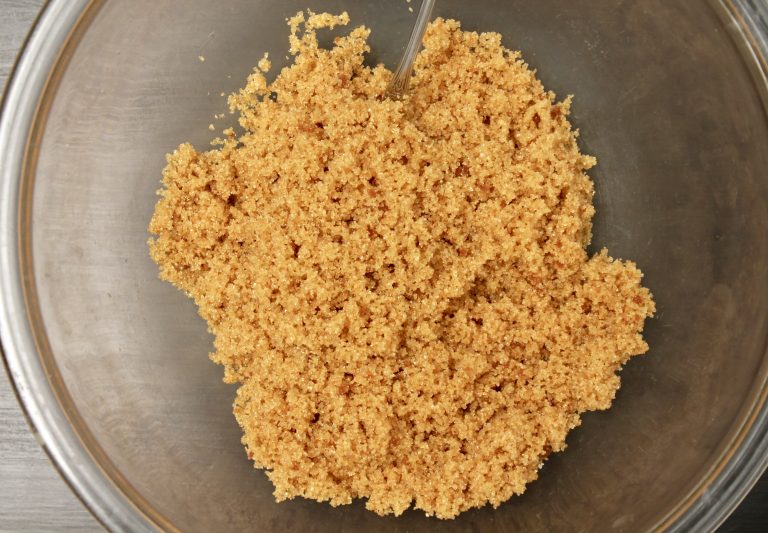
I love making, and eating, desserts. If it’s sweet, I’m in. Ice cream, cookies, pies and cakes. Oh, yes! Brown sugar swirled around in a creamy cup of coffee; give me more! The truth is, sugar seduces me.
Too often I take sugar’s availability for granted, not considering its origins. But know this: there is a dark underbelly to sugar.
My BFF likes to say; “Once you know better, you do better.” It’s a piece of a Maya Angelou quote. So now I know better, and for that reason, I try to do better. I’ve heard the truth about sugar’s origins. And now I work to make responsible choices when sweetening my own recipes.
Sugar’s dark history is not that well-known. In fact, there are times that it’s ignored for the sake of satisfying our all too common human addiction. Who wants to be interrupted mid-lick into a chocolate ice cream cone by thoughts of human trafficking and forced labor? Very few people want to talk about the sugar industry’s dark side. Furthermore, there are people who argue about sugar’s origins and defend it’s sordid past. And when I set out to learn more, I found that there wasn’t much information published on the subject.
History tells the story of tens of thousands of slave ships carrying millions of captive Africans to the New World. Many who survived the brutal journey were, at once, forced to plant, grow, cut, and process endless fields of sugar cane for harvest. All for the plantation owner’s profit.
In America, the sugar industry shaped systems of labor and capital from the very beginning of slavery.
In the early years of America’s foundation, sugar plantations exploded all along the Mississippi River. This development happened partly because of the abundance of rich alluvial soil, partly because of the arrival of knowledgeable European planters, and totally on the beaten down, backs of enslaved men, women and children. Understanding history should teach us to be better, however, in this case, it has not. The inhumane reality is this: Forced labor advanced the profits of the sugar industry and is still advancing those profits today.
Currently, in the Dominican Republic, tens of thousands of Haitians toil to produce sugar in labor camps under the watchful eyes of armed guards. Haitian laborers grow and harvest sugarcane for less than $1 per 12 to 14-hour workday. Promises of steady pay entice thousands to cross the border into the DR each year, right into the hands of traffickers. They are often starving, stripped of citizenship papers, and forced to work in slave-like conditions producing cane juice for export to sugar factories, candy makers, markets and restaurants around the world.
Once I knew about this devastating human story I started to pause every time I put something sweet in my mouth. I had become aware that the economic powerhouse built on the exploitation and abuse of enslaved human beings was my regular resource for the essential ingredient I used in my own recipes. My ideas about sugar turned from sweet to bitter in an instant.
United States sugar farming is heavily subsidized. 80% of the sugar we consume is produced domestically. Production in the US often involves large amounts of herbicides and pesticides, and contributes to air pollution and contaminated water. Bad for our bodies, bad for our planet.
So, what is my response to this? Do I want to continue using sugar at all? If I do use sugar, where can I go to buy it? What are the alternatives?
The good news I found for myself is this: the US does import about 20 percent of its sugar from tropical and developing countries. And much of that sugar is organic and sustainably farmed. Good to know. However, sugar cane farmers in less developed countries experience very low world market prices, which leads to poverty and malnutrition. Not good for them.
So, then, what IS the good news? Fair Trade.
I discovered that purchasing sugar products from farmers in developing countries who have a Fair Trade certification can help promote economic and environmental stability. Authentic Fair Trade products are stamped with a certificate right on the package, just like organic certification. And, of course, you can confirm on the world wide web that the product you are interested in purchasing is the real deal.
When buyers committed to Fair Trade products, pay farmers a fair price, that allows the farmers to care for their families and invest in organic and sustainable agriculture training and certification.
It’s taken me some hunting and a willingness to pay a little more for the sugar products I buy. No more blinding white Domino sugar for me. Today I work to do better, learn more and to be kinder to my fellow humans and planet Earth. And everyday I am open to new challenges and applying change to the way I think and act.
Currently I am using Wholesome Organic Sugar products. Their sugar and molasses is delicious, pure and clean. Their products are grown by farmer-owned cooperatives in Paraguay, Costa Rica, Peru, Malawi, Zambia, and the Philippines.
If you are committed to cooking and baking with Fair Trade products and using organic sugar, I’d love to hear about it and what you are using and enjoying.